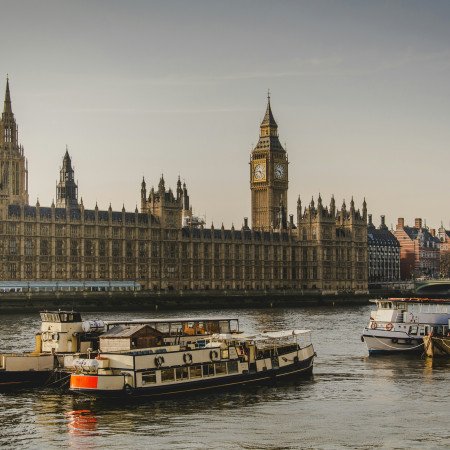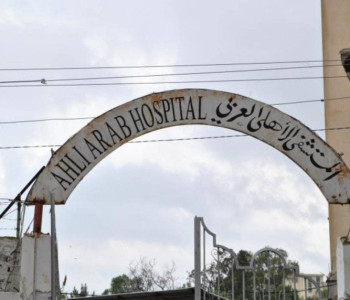13 June 2025
A House of Lords speech by the Bishop of Chelmsford, the Rt Rev'd Dr Guli Francis-Dehqani on the Asylum Support (Prescribed Period) Bill.
Further information about the Asylum Support (Prescribed Period) Bill can be read here.
My Lords, I am pleased to speak today in support of the noble Baroness Lister’s Private Members Bill on asylum support and her suggested amendments 1 and 2 which will enable the Government to extend the move-on period according to their plans and timetable. This Bill is extraordinarily well timed, with the move on period pilot coming to a close and the Government having recently published their White Paper on Restoring Control of the Immigration System.
As the Government reduces the backlog of asylum applications and also speeds up the process times of applications, I want to suggest that this Bill doesn’t impede but rather supports the Government as they seek to build a well-managed asylum system with integration back at its heart.
At Second Reading, I spoke of why 28 days was simply not enough time for an individual with newly granted refugee status to locate new accommodation, try to find employment and navigate a welfare system. I think this should now be regarded as indisputable, given an individual can’t even access Universal Credit before 5 weeks has passed. The majority of landlords won’t even let a property before a first payment has come in and setting up a bank account is proving difficult with an e-visa alone. On this latter point, I do hope the Government will consider issuing guidance to banking services.
I don’t want to anticipate the findings of the Government’s NatCen evaluation but local authorities and other groups supporting refugees who have kindly been in touch with me, have provided overwhelmingly positive feedback about the extension of the move on period. They tell me that it gives council officers a much more realistic timeframe in which to do their jobs well – namely find a suitable housing solution for refugees, decreasing the likelihood of homelessness and the need for temporary accommodation. London Councils reported that one region experienced a 24% increase in homelessness prevention outcomes.
The Helen Bamber Foundation said that, of the individuals they have supported since the move-on period was extended, all had received their first Universal Credit payment before their date of eviction. This not only prevents refugees falling into destitution just as they are taking their first steps to build a life outside of Home Office provided accommodation. It also avoids the need for local authorities to provide emergency financial support, which will lead to savings at a time budgets are under pressure.
I was also struck by comments that the longer period has enabled local services to build trust with families as housing teams have been able to start moving away from an emergency response towards a more preventative, strategic approach. There has been time to assess individuals’ physical and mental health needs as well as consider their existing support networks, so they can work together towards housing solutions.
I do hope the noble Lord the Minister can confirm that the final evaluation will be published. And can I ask the Minister whether the evaluation will include detail on the impact the longer move-on extension has had on family stability and child poverty, which, incidentally, I’m sure will support their work ahead of the Child Poverty Strategy?
We’ll hear more in the next grouping about the sensible provisions in amendment 1 regarding documentation. But I do think making the move on period extension a permanent feature of our asylum system will enable steps like this to take place which will streamline the timely delivery of key information, so the entire 56 day period can be fully utilised to support a family’s next steps.
I do believe Ministers have recognised the benefits of a longer move on period for refugees, local authorities and the wider community through the commencement of the pilot and I thank and congratulate them for that. I now urge them to make it permanent as soon as is practical after the conclusion and full assessment of the pilot, to capitalise on the positive developments that are already taking place.
Let us not forget that asylum seekers who have been granted refugee status here are unable to build a life back in their home country, however much they would want to, because it is too unsafe. The gift of more time will support refugees, who have a legally established right to live here, to start living well in the country that has granted them sanctuary.
I may not have agreed with the words the Prime Minister recently chose to frame the Government’s White Paper but I trust the intention is there to see neighbours from all backgrounds build a stronger more cohesive society together. And extending the move on period permanently will be a step towards this goal.
ENDS
Bishop Guli spoke later in the debate in response to a speech by Lord Davies of Gower. The debate can be watched in full on the Parliament TV website here.





